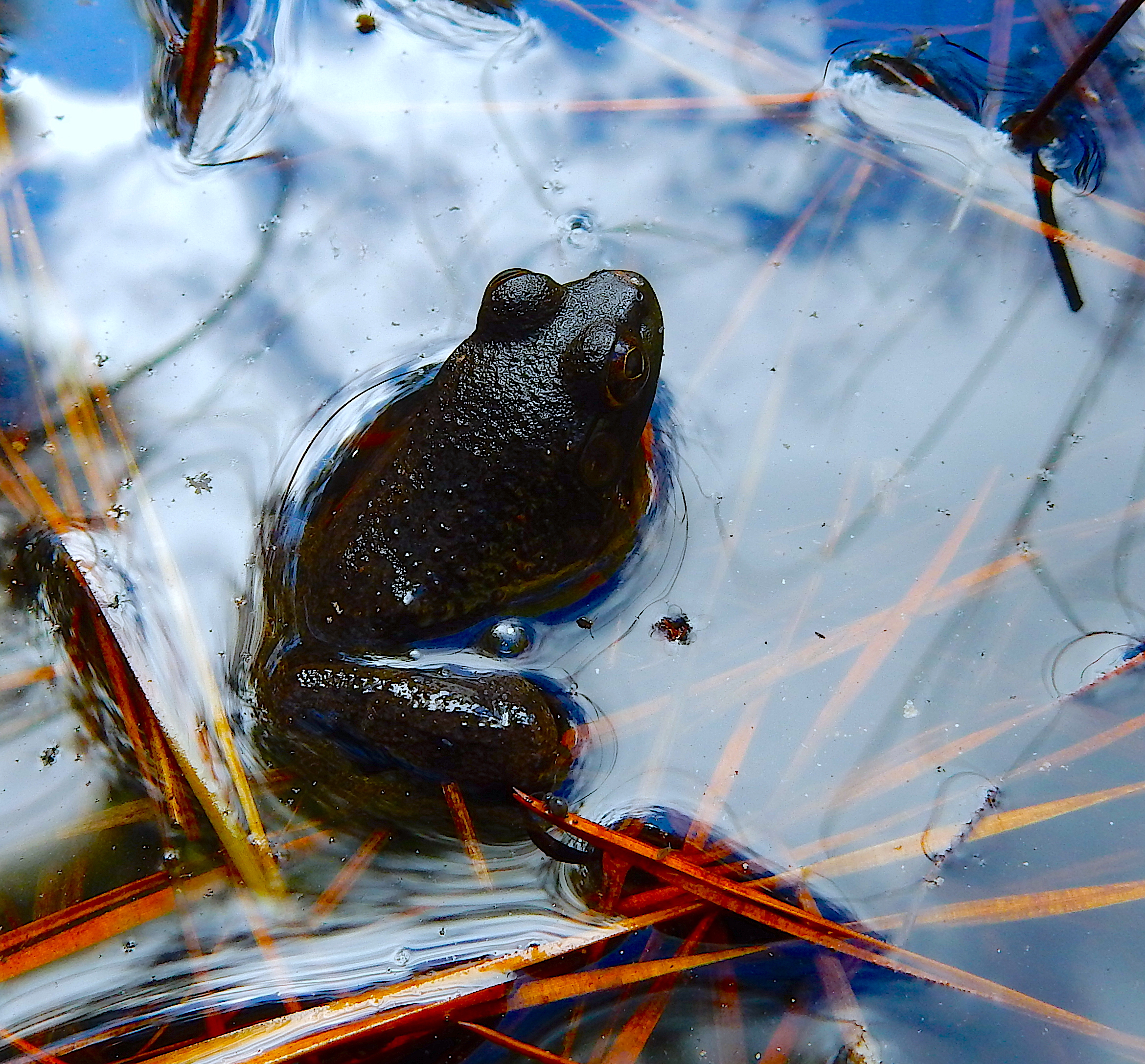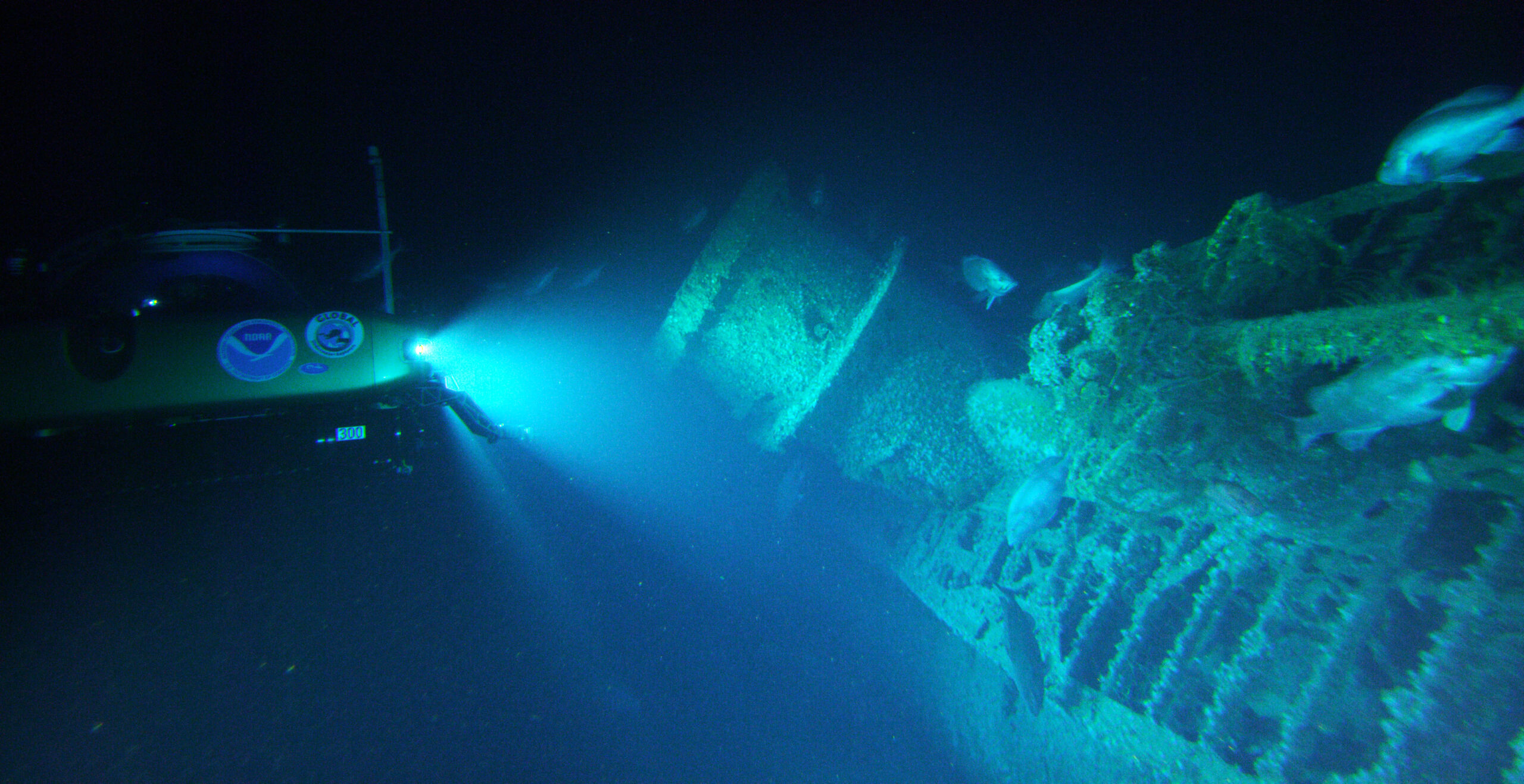Letter from the Executive Director
Spring 2022: Time for Planning and Moving Forward

Spring is a time of renewal and rejuvenation, and we here at North Carolina Sea Grant are well into a fresh season of excitement with new research investments in faculty and students across the state, new community partners, new fellows, new team members, and more. The cycle is always inspiring. You will learn more about new projects throughout this edition of the award-winning Coastwatch magazine.
Speaking of cycles, I’d like to single out two people on our team, one joining North Carolina Sea Grant, and the other a longtime veteran who is retiring.
First, we welcome Erika Young. Erika recently began serving as our new coastal and marine education specialist after teaching at the University of North Carolina Pembroke for 13 years. You soon will see her mark on the educational programming that links North Carolina Sea Grant’s research and extension to formal and informal education across the state. You can read more about Erika in this issue, as well as here.

Second: I’m in awe of the long-standing accomplishments of Spencer Rogers, our retiring coastal construction and erosion specialist. Recently, Spencer received North Carolina’s Order of the Long Leaf Pine for his service and achievements on behalf of the state. Although he may be retired, Spencer is never one to slow down, and his work continues through his support on technical content for local and state coastal resource management. Our communications director, Katie Mosher, interviews Spencer in this issue to get his take on a four-decade history of change along coastal North Carolina, including how our state was one of the first to require the study of sea level rise.
Our spring issue also includes the story of the famous Pea Island Surfmen, an all African-American lifesaving crew who successfully carried out a heroic — and historic — rescue operation at night and during a hurricane. We take a look at recent research, too, that investigated the informal networks that stretch deeply into communities, binding people who fish for food with those in need. In addition, this issue explores how a new generation of scientists is studying the effects of climate change on North Carolina’s birds. And we also provide “Four Big Takeaways from our Study of North Carolina’s Seafood Industry.” (There’s much more as well.)
Many people look at spring as a time for assessing and organizing for the future — and indeed North Carolina Sea Grant is currently in the process of gathering input from our many partners about new and ongoing strategic areas for our program to support and lead for the next five years. Our approach to updating our strategic plan is to include as many voices and partners that represent the diversity of challenges and opportunities our coastal communities and environments currently face and anticipate — and that we need to address in coming years.
Our current strategic plan, which we updated in 2020, is available here. We’ll share opportunities to provide input and advice on our next phase of planning, but I also encourage you to contact me directly with your ideas at snwhite3@ncsu.edu.
In springtime, hope for the future can feel real. In our partnerships with you and communities across the state, this hope can continue to become reality through ongoing research, outreach, and educational opportunities that support our resilience.
— Susan White, Executive Director, North Carolina Sea Grant
P.S. Spring also brings another season of fish and shellfish for enjoyment. Recipes in every issue of Coastwatch and online at MarinersMenu.org can deliver tasty seasonal treats to your home!
- Categories:


